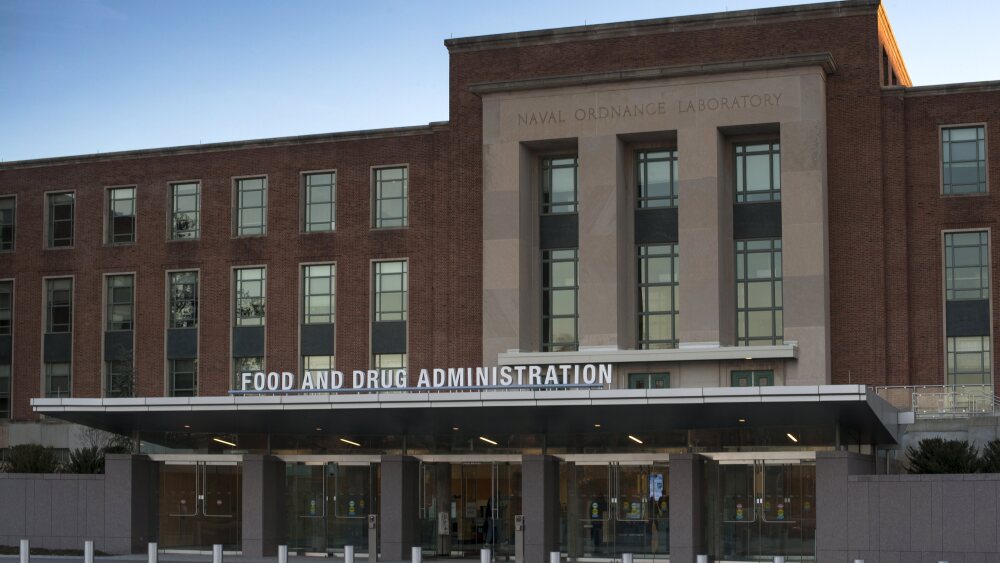The trove of more than 200 letters is part of a pledge of transparency from the agency, with the intention to increase public insight into the reasons new drug and biologics applications got rejected.
The FDA has published more than 200 Complete Response Letters from its archives, the regulator announced on Thursday.
The move is an attempt to “embrace radical transparency,” according to the FDA’s announcement. The Complete Response Letters (CRLs) were issued in response to applications for drugs or biological products that were ultimately rejected.
In making some CRLs public, the regulator said it hopes to increase the public’s insight into FDA decision-making.
The archive, published at openFDA, contains CRLs issued to big companies like Eli Lilly and Regeneron, as well as smaller biotechs, for a variety of different indications. The letters cover applications submitted between 2020 and 2024, according to the FDA, though BioSpace found applications dating as far back as 2009.
“For far too long, drug developers have been playing a guessing game when navigating the FDA,” Commissioner Marty Makary said in the regulator’s statement. “Drug developers and capital markets alike want predictability. So today we’re one step closer to delivering it to them, with an ultimate goal of bringing cures and meaningful treatments to patients faster.”
According to the FDA’s statement, a 2015 analysis done by the agency found that 85% of companies avoided mentioning safety and efficacy concerns from the FDA when announcing that their applications were turned away.
“Lessons learned from non-approvals are also not shared within the industry, leading companies to repeatedly make similar mistakes,” the FDA said in its statement.
The CRLs published are an “initial batch,” according to the FDA, and are all in response to since-approved medications. One is a June 2023 letter for Regeneron’s retinal disease treatment Eylea HD; another is for a chewable gum version of Daiichi Sankyo’s cholesterol medication Welchol from 2017. Another letter, dated February 2010 in response to an application from 2009, is a rejection for Cadence Pharmaceuticals’ Ofirmev, an injectable version of acetaminophen, based on deficiencies found at a manufacturing site in Mississippi.
The FDA under President Donald Trump has been thrown into turmoil over the past six months. More than half of its senior leadership departed by early April, and reporting from a variety of outlets, including BioSpace, has documented several examples of a lack of transparency on the part of the FDA and its governing body, the Department of Health and Human Services.
Despite the administration’s repeated transparency pledge, criticism has revolved around unexplained mass layoffs, advisory committee meetings delayed without explanation, and even the postponement of events like Rare Disease Day in February.
“The extent and the rapidity of the actions taken has been remarkable, and that has perhaps led to, in many cases, the concern that there is no understanding of exactly why they’re being done,” Ovid Therapeutics’ CEO Jeremy Levin told BioSpace in February.






